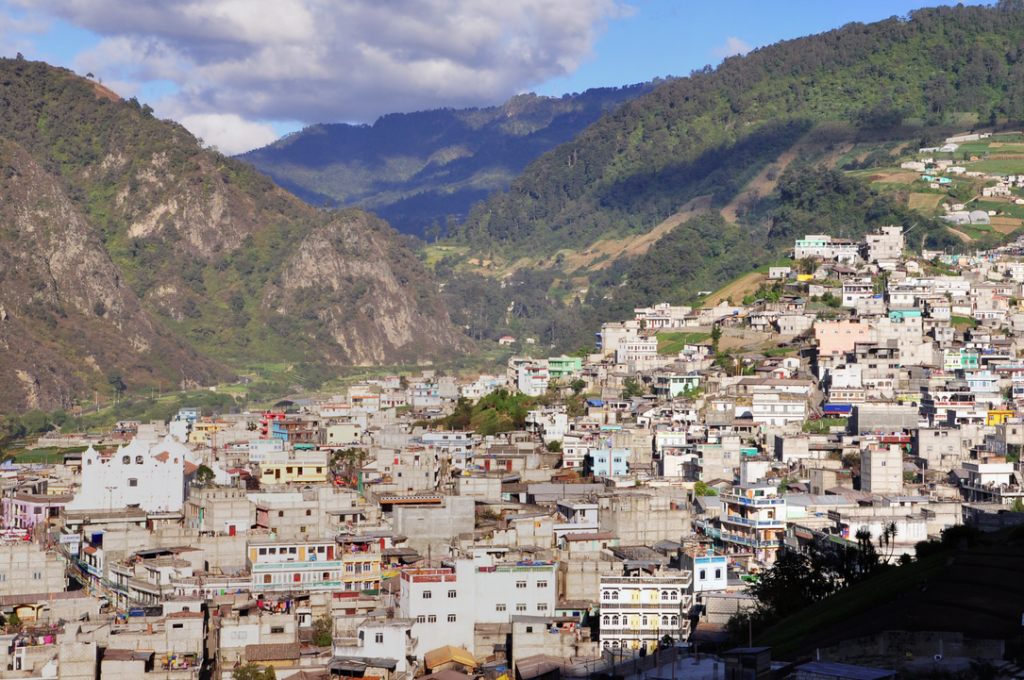Guatemalan President Otto Pérez Molina has been acting strange lately. Just one month after his inauguration, he is already ruffling U.S. feathers, and making waves in the politics of the region in unexpected ways.
Pérez Molina’s military past and hard-line “mano dura” security policy made many worry that he would backtrack on justice reforms led by the UN Commission against Impunity (CICIG) and the new Attorney General Claudia Paz y Paz. Instead, the new president has come out in support of these institutions. Last week he announced that when CICIG’s mandate runs out in 2013, he plans on extending it for another two years without seeking congressional approval. This preemptive decision was in response to a lawsuit filed last month against Álvaro Colom, alleging that CICIG has no right to be in the country because the executive branch bypassed congress to approve its current mandate. The interior minister followed up by asking CICIG to vet his staff to identify any links they may have with organized crime. Vowing to keep Paz y Paz on board for the foreseeable future, Pérez Molina has also stayed neutral as her office tries former de facto President Efraín Ríos Montt on crimes against humanity charges for his role in the civil war (in which the current president was deeply involved).
But after this string of pleasant surprises, Pérez Molina’s most recent about face has drawn annoyance and even anger from the United States. Last Saturday he raised the possibility of legalizing drugs in Central America, saying he’d put the debate on the table in future meetings with regional leaders. He followed through on this promise on Monday, when he discussed decriminalization with Salvadoran President Mauricio Funes (who first agreed to consider the option, and later retracted facing pressure from Washington). The U.S. Embassy in Guatemala responded with a swift condemnation of the proposal.
So what is Pérez Molina’s endgame? A popular theory is that he’s trying to pressure the United States into lifting its ban on weapons sales to Guatemala, instituted in 1978 due to the military’s role in human rights abuses during the civil conflict. This makes sense. The president has spoken openly and frequently about his desire to buy U.S. arms, pressing the issue with head of Southern Command Douglas Fraser during their meeting last November (Fraser said the embargo may well be lifted in the near future). Threatening to decriminalize drugs as a last resort solution the problem of organized crime could pressure the United States to offer an alternative: renewed military aid.
But Pérez Molina may also be making a more ambitious attempt to alter the long-standing foundations of U.S. relations with Guatemala and Central America more broadly. The six-country region has largely been an afterthought in U.S. security cooperation with Latin America, which has historically centered on the larger economies of Colombia and Mexico. In FY2013 Central America will receive $60 million in U.S. security aid– less than half of the funds destined for Colombia and a third of total aid to Mexico – and of that Guatemala gets a paltry $2 million. Meanwhile, Pérez Molina inherited a country with one of the highest murder rates in the world, and an impunity rate of 95 percent (meaning just 5 in every 100 crimes are solved).
The legalization debate is a way of putting Central America – and Guatemala in particular – on the United States’ radar screen. It is also a way of asserting the country’s autonomy from Washington. Pérez Molina joins a long list of leaders calling for decriminalization, including former presidents of Mexico, Brazil and Colombia. In an era of waning American influence in Latin America, he may to be trying to align Guatemala more closely with its regional partners, pulling a country long beholden to the United States out from under its powerful shadow.
This post originally appeared on Latin America’s Moment.

Reply